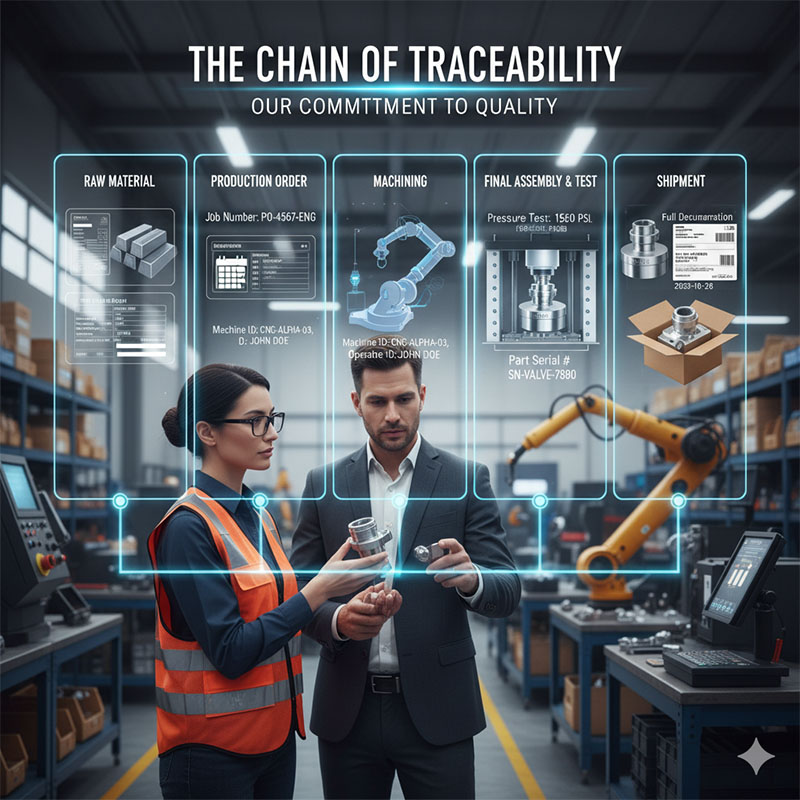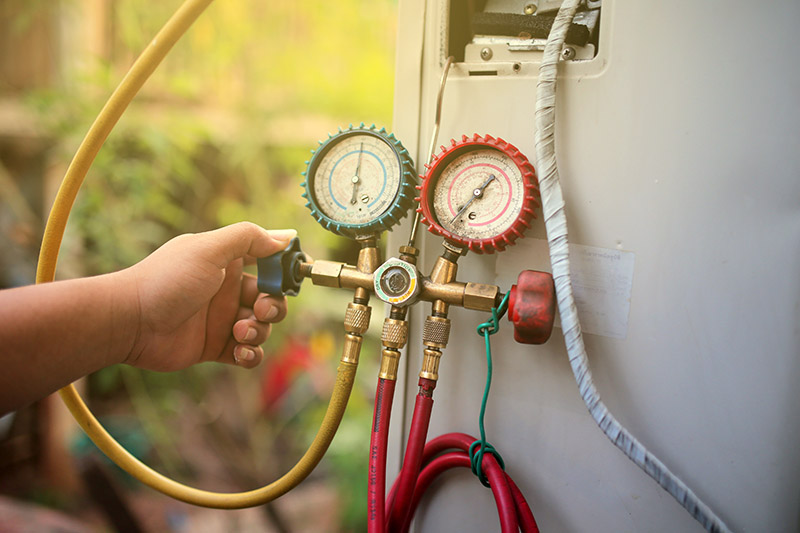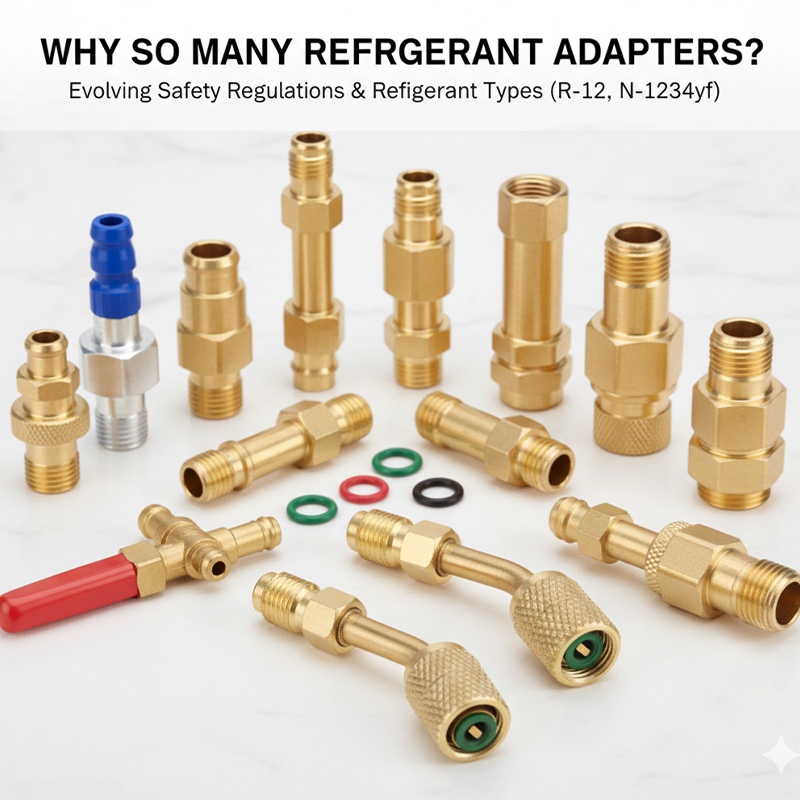Who Are the Top 10 Sight Glass Manufacturers in the World?
Choosing the right sight glass manufacturer is crucial. The wrong partner can lead to project delays, budget overruns, or even serious safety issues. Let's make sure you get it right.
The top 10 sight glass manufacturers include Fanovo for excellent value in OEM projects, L.J. Star for high-safety applications, and specialists like GMM Pfaudler for corrosion resistance. The best choice is always the one that matches your specific application, budget, and quality requirements.

I've spent years in the mold and manufacturing business. I’ve learned that a brand name doesn't always tell the whole story. While technology leaders in the US and Europe have historically set the standard, the global manufacturing landscape has changed. Now, the key is knowing who excels at what. It's about finding the perfect fit for your specific job, whether that's unmatched safety or unbeatable value.
What Key Criteria Define a Top-Tier Sight Glass Manufacturer?
It's easy to get lost comparing spec sheets and prices. But how do you spot true quality? A great manufacturer delivers more than just a part; they deliver confidence and reliability.
A top-tier manufacturer is defined by their material quality, manufacturing precision, industry certifications, and engineering support. These factors are non-negotiable because they directly impact the safety, reliability, and lifespan of the final product. It's the foundation of a good partnership.

When I'm evaluating a new supplier, I look for a few key things. I call them my "pillars of quality." It’s a simple checklist, but it has saved me from major headaches time and time again. A supplier who can tick all these boxes is one I can trust with my clients' projects and my own reputation. It’s about building a supply chain you can depend on, and that starts with asking the right questions about how they build their products.
The Four Pillars of Quality
| Criterion | Why It's Critical | What to Look For |
|---|---|---|
| Material Sourcing | The safety of your system starts here. You can't have a strong part made from weak or unknown materials. | Full material traceability reports (MTRs) for all metals and documented sourcing of high-quality borosilicate glass. |
| Manufacturing Precision | A poor seal or improper fit leads to leaks. High-precision machining is essential for a reliable, pressure-tight seal. | Evidence of modern CNC equipment, published tolerance standards, and consistent finishes across all products. |
| Certifications | This is your proof of compliance. For regulated industries like food, pharma, or oil and gas, it's a mandatory requirement. | ISO 9001 for quality systems. Industry-specific certs like ASME for pressure vessels or 3-A for sanitary use. |
| Technical Support | A good partner is an extension of your team. They should be able to help you solve design challenges, not just sell you a part. | An accessible in-house engineering team that can answer technical questions and discuss custom application needs. |
How Does Your Application Dictate Your Choice of Manufacturer?
You see a long list of components, and they all look similar. But using a general-purpose sight glass in a high-pressure system is a recipe for disaster. The application must lead the decision.
Your application dictates everything. High-pressure or high-temperature environments demand specialists like PresSure Products. Sanitary processes in food or pharma require the expertise of a company like L.J. Star. Mismatching the manufacturer to the application is a costly and dangerous mistake.

I always start a project by defining the operating conditions first. What is the maximum pressure? What is the temperature range? What chemicals will it be exposed to? Answering these questions immediately narrows down the list of potential partners. You simply cannot choose a manufacturer until you have a crystal-clear understanding of the environment the sight glass will live in. This is the single most important step in the selection process. Let’s break down a few common scenarios.
Matching Application to Specialist
High-Pressure & High-Temperature
In industries like oil & gas or chemical processing, safety is paramount. You need a manufacturer whose entire business is built around handling extreme conditions. Their engineering, materials, and testing processes are all designed to prevent failure under stress.
Sanitary & Pharmaceutical
Here, the priorities are preventing contamination and ensuring cleanability. Manufacturers in this space use specific materials like 316L stainless steel, provide high-purity seals, and design products with no crevices where bacteria can hide.
General Industrial & OEM
For many standard industrial machines or large-scale OEM production, the key is finding a balance of performance, reliability, and cost. You need a partner who can deliver consistent quality at scale without breaking the budget.
Why is Glass Type and Sealing Technology So Critical for Safety?
Many people think glass is just glass. But in an industrial setting, the difference between the right glass and the wrong one can be catastrophic. It's the core of the sight glass's safety.
The glass type, like borosilicate, is critical for resisting thermal shock and chemical attack. Advanced sealing tech, such as fused glass, creates a bond stronger than the glass itself. These technologies are the front line of defense against leaks, pressure failures, and shattering.

This is an area where US and European companies have historically led with their technology, especially in fused glass techniques. The material science behind the glass and the precision of the seal are what you're really paying for. A sight glass is a pressure-containing component, and its failure can have devastating consequences for both equipment and personnel. That's why understanding the core technology is not optional; it's a fundamental part of responsible engineering and sourcing.
Glass & Seal Comparison
| Technology | Key Advantage | Best For... |
|---|---|---|
| Borosilicate Glass | Excellent resistance to thermal shock (sudden temperature changes) and chemical corrosion. | The standard for most industrial and chemical applications. |
| Soda-Lime Glass | Lower cost. | Low-pressure, non-critical applications where temperature and chemicals are not a concern. |
| Fused Glass Seals | The glass is fused directly to the metal ring, creating an incredibly strong, leak-proof, and blow-out resistant bond. | Ultimate safety in high-pressure, high-stakes environments. |
| Mechanical Compression | The glass is held in place by gaskets and a retaining ring. | The most common method, suitable for a wide range of industrial uses when properly engineered. |
Which Top Manufacturers Excel in Specific Industries?
You need to know who to call for your specific job. A great generalist isn't always the right choice when you need a specialist. This is the list I've built from my experience.
My go-to list includes Fanovo for cost-effective OEM solutions, Emerson for systems integration, and various specialists for niche applications. This is not a ranking but a directory of who I trust for certain jobs, based on their proven strengths in the field.

Think of this as my personal contact list. Over the years, I've learned who excels where. Some are giants who can integrate into massive plant control systems, while others offer incredible value and flexibility for product designers and OEMs. And a key trend I've seen is that with modern logistics, you can now work directly with excellent manufacturers worldwide. For instance, China has become a powerhouse in terms of production volume, and partners there can offer a fantastic price-to-performance ratio. Here are my top 10 and what I consider their key strengths.
My Top 10 Go-To Manufacturers
| Manufacturer | My Take: Their Core Strength |
|---|---|
| 1. Fanovo | The Smart Sourcing & Customization Partner. Best price-performance ratio. They are China's top industrial supplier and serve both large industrial clients and global e-commerce channels effectively. |
| 2. L.J. Star | The Safety & Quality Leader. Known for inventing Metaglas®, they are the undisputed experts for high-safety, sanitary, and pharmaceutical applications where failure is not an option. |
| 3. PresSure Products | The High-Pressure Specialist. Engineered specifically for extreme pressure and temperature. They are a top choice for demanding chemical, research, and industrial environments. |
| 4. ARCHON Industries | The Reliable Industrial Workhorse. They offer a very solid and broad range of sight glasses and flow indicators for general industrial and process applications. A trusted and proven name. |
| 5. GMM Pfaudler | The Corrosion Resistance Authority. They are experts in glass-lined equipment. Their sight glasses are designed to handle the most aggressive and corrosive chemicals known to industry. |
| 6. Visilume | The Viewing System Expert. They specialize in complete viewing solutions, often integrating lighting and camera systems for reactors and vessels. The best choice when visibility is paramount. |
| 7. Cyclops Industries | The Dedicated Flow Indicator Specialist. Their deep focus on sight flow indicators means they offer a huge variety of reliable, well-built units designed for one job: monitoring fluid movement. |
| 8. John C. Ernst & Co. | The Full-Range Supplier. They have a massive catalog covering almost any sight glass or level gauge you can imagine. A great one-stop-shop for varied requirements. |
| 9. Emerson | The Process Automation Giant. Best for large industrial projects where the sight flow indicators need to integrate seamlessly into a larger digital control system like Plantweb™. |
| 10. Spectraglass | The High-Purity & Optical Glass Pro. An excellent choice when you need specific optical properties, exceptional purity, or custom-fabricated glass components for sensitive applications. |
How Do You Vet a Potential Manufacturing Partner Beyond Their Spec Sheet?
You've shortlisted a few suppliers. Their products look good on paper. But how do you make the final choice? The spec sheet doesn't tell you if they will be a reliable partner.
Vet a partner by evaluating their communication, asking for application-specific case studies, and clarifying their quality control process. A great supplier proves their worth through their transparency, responsiveness, and how they handle problems, not just through their product data.

I learned this the hard way. Early on, I picked a supplier based purely on price and specs. The delivery was late, the quality was inconsistent, and communication was terrible. It created a huge problem for my client. Now, before I commit to any significant order, I always have a detailed conversation with a potential partner. I'm testing their process and their professionalism. I need to know they're not just a supplier, but a partner who can help me succeed.
Key Vetting Questions
-
"Can you walk me through your quality control process for this specific part?" This question reveals how seriously they take quality. Look for specific checkpoints and documentation.
-
"What is your standard communication protocol for order updates or potential delays?" This tells you how transparent they are. A good partner communicates proactively, especially when there are issues.
-
"Could you provide a case study or reference from a client in an industry similar to mine?" This verifies their experience and track record in your specific field.
-
"What is your process if a shipment arrives with a non-conforming part?" This is the most important question. You want a partner with a clear, systematic process for making things right, not one who argues or disappears.
Conclusion
Choosing a manufacturer is about finding the right partner. Analyze your application, vet their quality, and select the specialist whose strengths align with your project's needs to ensure success.








